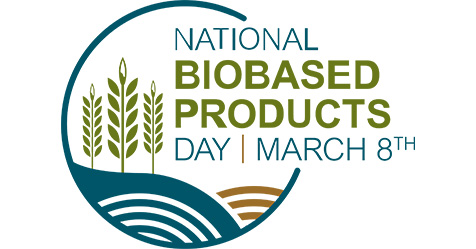Housekeepers Still Bearing the Brunt of Pandemic Unemployment
Low pay and lack of benefits hinder residential housekeepers from recovery
As the pandemic will soon enter its eight month in the U.S. and unemployment numbers continue to look sobering, not everyone in the cleaning industry is employed. Perhaps the hardest hit group is residential cleaners/housekeepers, according to a feature article in The New York Times.
According to a survey by the National Domestic Workers Alliance, 72% of residential housekeepers reported they had lost all of their clients by the first week of April. While a minority were fortunate to have their employers continue to pay them while they remained home, others didn’t hear anything from their customers who “ghosted” then instead of laying them off directly.
Although housekeepers began picking up work again in July, they have been working shorter hours compared to pre-pandemic and often for lower wages. Others have found themselves in dangerous situations. One housekeeper related how she was called back to a regular client’s home to clean and, finding no one home, worked for several hours until a neighbor alerted her the family had COVID-19 and apparently wanted her to disinfect their home. Other workers have been hired to clean homes filled with wildfire ash without warning or proper personal protective equipment.
Housekeepers have traditionally had a precarious foothold in the U.S. labor market. The Economic Policy Institute found that the country’s 2.2 million domestic workers — a group that includes housekeepers and cleaners—earn an average of US$12.01 an hour and are three times as likely to live in poverty than other hourly workers. Few have sick leave, health insurance, or other benefits.
Many housekeepers are undocumented and either don’t know about their rights or are afraid to assert them for fear of deportation. Nine states have domestic workers’ rights laws on the book. A federal Domestic Workers Bill of Rights, which would guarantee a minimum wage and overtime pay, was introduced last year and has yet to pass.


